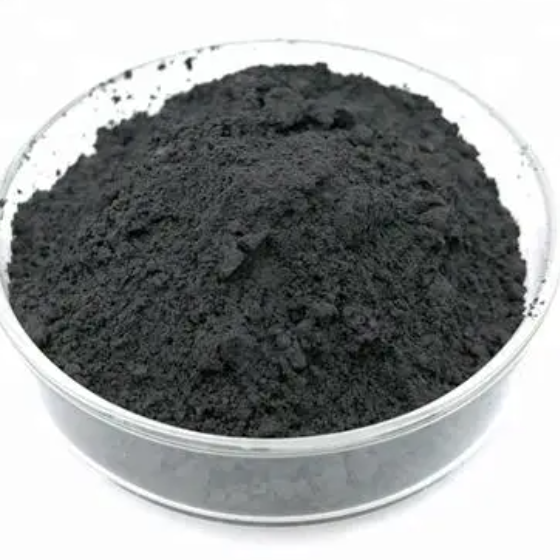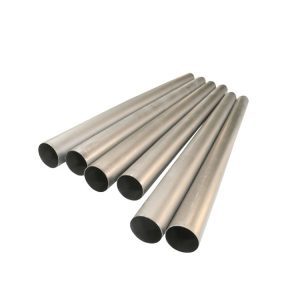Titanium Carbide Powder Overview
- It is a typical transition metal carbide with a NaCl-type cubic crystal structure.
- It possesses characteristics such as high melting point, high hardness, high Young’s modulus, high chemical stability, wear resistance, corrosion resistance, and excellent electrical and thermal conductivity.
- Due to these properties, it has widespread applications and great potential in cutting tools, aerospace components, wear-resistant coatings, foam ceramics, and infrared radiation ceramic materials.
Specification
| Property | Details |
|---|---|
| CAS Number | 12070-08-5 |
| English Name | Titanium carbide |
| English Synonyms | TICHV250; TICHV120; TICSTD250; TICSTD120; Titanium carbide, 99%; TITANIUM(IV) CARBIDE; Titanium monocarbide; Titanium carbide (TiC); nm 99.8% Titanium Carbide |
| CB Number | CB6778077 |
| Molecular Formula | CTi |
| Molecular Weight | 59.88 |
Chemical Properties
| Property | Value |
|---|---|
| Melting Point | 3140°C (lit.) |
| Boiling Point | 4820°C (lit.) |
| Density | 4.930 g/mL at 25°C (lit.) |
| RTECS Number | XR1903500 |
| Flash Point | 4820°C |
| Solubility | Insoluble in H2O; soluble in HNO3 |
| Form | Powder |
| Specific Gravity | 4.93 |
| Color | Gray |
| Resistivity | 52.5 (ρ/μΩ·cm) |
| Water Solubility | Soluble in nitric acid and aqua regia. Insoluble in water. |
| Crystal Structure | Cubic, NaCl Structure |
| Stability | Stable |
| LogP | 0 |
መተግበሪያዎች
- Aerospace Components:
- boasting a melting point exceeding 3000°C and exceptional high-temperature strength finds essential use in aerospace components due to its compatibility with tungsten and significantly lower density compared to tungsten.
- Foam Ceramics:
- Foam Ceramics serve as highly efficient filters, offering superior strength, hardness, thermal and electrical conductivity
- Resistance to heat and corrosion compared to oxide foam ceramics.
- Wear-Resistant Materials, Cutting Tools, Molds, Crucibles:
- It is widely employed in wear-resistant materials, cutting tools, molds, and crucibles for metal smelting.
- Transparent Titanium Carbide Ceramics are prized for their optical properties, while TiC abrasives provide cost-effective grinding solutions with performance comparable to synthetic diamonds.
- Powder Metallurgy:
- It enhances the performance and durability of ceramics and hard alloy parts manufactured through powder metallurgy processes, such as wire drawing dies and hard alloy molds.





Reviews
There are no reviews yet.